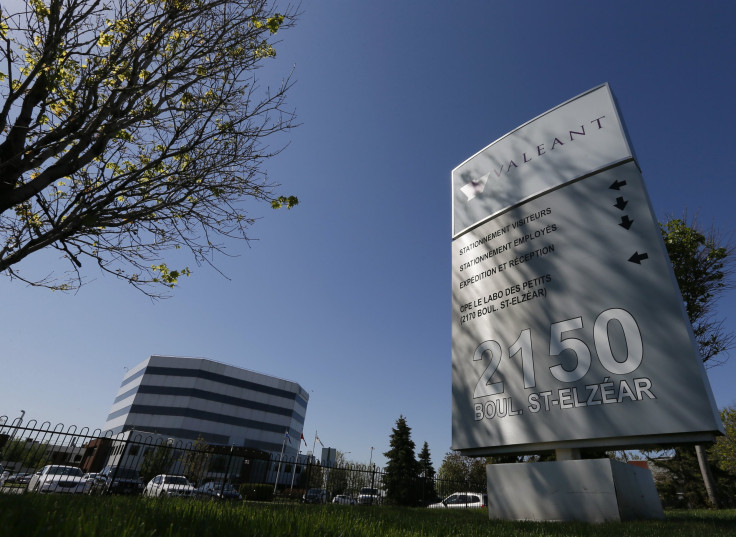Salix Pharmaceuticals Ltd: Here's Why Valeant Fought So Hard To Acquire Salix

It's already been an expensive week for Valeant Pharmaceuticals International Inc. The company announced Monday that it added roughly a billion dollars to its original bid to acquire Salix Pharmaceuticals Ltd. The new offer came after Endo International PLC launched a rival cash-stock bid last week for about $175 a share. Valeant now will pay $173 per share, or $11.1 billion, as part of the all-cash deal.
The new offer is a sharp increase from the $158 per share it originally put forth earlier this month and it effectively caused Endo to drop out of the running. The brief but high-stakes bidding war shows that Salix is in demand once again, after losing out on acquisition interest from Allergan Inc. fewer than six months earlier due to inventory backlog issues.
So why all the fuss about Salix? In a presentation to investors in late February that came right after the company's original offer, Valeant spelled out exactly why it was interested in making a move on Salix -- and why it couldn't afford to wait any longer.
Most importantly, the new parent pointed to the strong market for drugs that address the sort of stomach problems that Salix is best at treating. Salix creates drugs to treat disorders such as inflammatory bowel disease, constipation and traveler’s diarrhea. That last affliction is the most common illness for international travelers and afflicts 20 percent to 50 percent of those who spend time abroad, which represents about 10 million people a year.
Valeant stated in the presentation that drug sales in this arena are rapidly growing and should expand by 5 percent by 2019. The company also said the drugs address chronic problems that have a significant impact on a patient's quality of life, so the demand for them is likely to remain high over time as several of Salix's top products already are exhibiting strong double-digit growth.
Such drugs also are prescribed by a limited number of specialists, which makes it easy for a company’s sales reps to get to know physicians and establish relationships with them. Salix already leads a savvy group of sales reps that ranked as the top sales team in the nation for gastrointestinal drug sales in three of the past four years, Valeant noted.
Furthermore, drugs for these stomach disorders have not been a big priority for major pharmaceutical companies. Meanwhile, Salix has crafted a number of promising candidates for new drugs and additional uses for its existing drugs that should come to fruition in the short term and position the company to capitalize on market growth over the next five years. The company’s leading product, Xifaxan, which makes up about half of its revenue, is approved to treat traveler’s diarrhea and is expected to receive approval this year for relieving irritable bowel syndrome.
Lastly, Valeant, which is based on Canada, pointed out that Salix would add another valuable leg to its U.S.-based operations, boosting revenue there by $2 billion a year from $5.9 billion. The gastrointestinal market will make up about a quarter of the combined company’s U.S. sales once the acquisition is complete, according to Valeant’s projections.
© Copyright IBTimes 2024. All rights reserved.





















